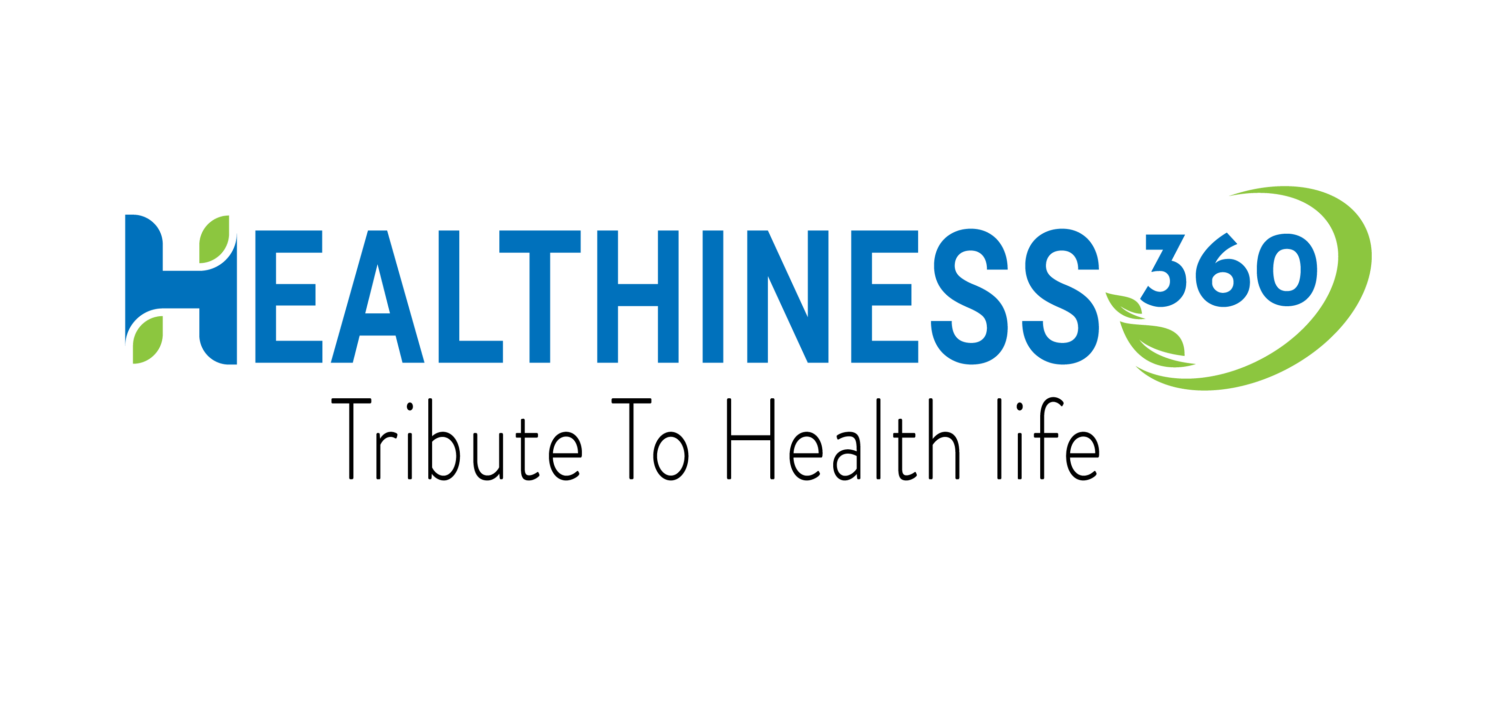High blood pressure or hypertension (often abbreviated as HTN) is defined as a systolic blood pressure of 140 mmHg or higher and/or diastolic blood pressure of 90 mmHg or higher, in at least two different readings separated by three minutes.
While most people assume that high blood pressure will lead to early death. The reality is that many people live well into old age while being treated for high blood pressure.
Fortunately, there are plenty of ways you can reduce high blood pressure naturally without medication, including these lifestyle changes.
Sleep
Believe it or not, getting enough sleep can do wonders for your blood pressure. A 2013 study of 1,000 volunteers found that those who slept six to seven hours a night had lower blood pressure. Than those who slept less than six or more than eight hours.
And, yes, as you age and your sleep patterns change (we’re talking to you men out there). It’s best to speak with a doctor if your high blood pressure isn’t under control.
But once it is, prioritizing seven or so hours of sleep per night—and keeping regular sleeping hours—can help keep your numbers in check naturally.
Exercise
Getting regular physical activity is a simple but effective way to prevent hypertension. And it doesn’t have to be rigorous: Even just walking for half an hour every day can make a big difference over time. People who get at least 150 minutes of moderate exercise each week are about half as likely to develop high blood pressure compared to those who exercise less.
Aim for at least 30 minutes of activity most days. Remember that your workout should consist mostly of aerobic exercises (think: jogging or swimming).
Interval training—where you alternate between short periods of hard work and easy recovery—can also help lower blood pressure naturally. But if you haven’t been exercising regularly, talk to your doctor before making any changes to your routine.
Nutrition
When you eat foods loaded with sodium, your blood pressure goes up. To decrease salt consumption, avoid prepared and packaged foods and make a habit of reading labels for information about sodium content.
In addition to cutting down on salt, you should also increase your consumption of potassium. Potassium acts as an electrolyte in your body that helps to balance out sodium levels.
The best food sources for potassium are bananas, avocados, and potatoes. Incorporating more of these foods into your diet will help you naturally reduce high blood pressure over time.
Stress Management
Ayurvedic medicine has long been practiced in India and is based on a holistic approach to healthcare. The word ayurvedic comes from two Sanskrit words, Ayus, meaning life, and Veda, meaning knowledge of life.
This ancient practice aims to balance all aspects of our lives—physically, mentally, emotionally, and spiritually—and is centered around clean food as well as natural remedies.
By managing your blood pressure naturally through lifestyle changes you’ll be able to do your body good for years to come!
Ayurveda
One of India’s most commonly practiced healthcare systems, Ayurvedic medicine is based on self-improvement and natural treatments. While a wide variety of herbs and other ingredients are used in Ayurvedic remedies, four main elements make up traditional Ayurvedic treatment: herbs, massage, diets, and lifestyle adjustments.
By improving these elements, you can work to regulate your blood pressure naturally.
Here’s how Combine turmeric and cinnamon for high blood pressure relief: Turmeric has been found to have significant anti-inflammatory properties that reduce high blood pressure by preventing sodium from attaching itself to cells.
When sodium is prevented from attaching, it causes less strain on your heart—resulting in lower blood pressure. Additionally, turmeric helps maintain healthy cholesterol levels already within normal range.
Cinnamon has been found to help lower LDL cholesterol while simultaneously raising HDL (the good kind) cholesterol—keeping overall cholesterol levels within normal range while lowering your risk for heart disease and stroke. Mix equal parts turmeric powder and cinnamon powder together before adding warm water or tea leaves.
Relaxation techniques
Stress is a trigger for many health conditions, including high blood pressure. There are several different relaxation techniques that you can use daily to help lower your blood pressure and reduce stress levels.
Try taking deep breaths, meditating, or even simply writing in a journal when you have time during your day. Most of these practices take no more than five to 10 minutes to perform. But they can make a big difference in reducing stress and lowering your blood pressure over time.
Herbs/Supplements
Supplements can be great for some people but talk to your doctor before you start taking any herbs or supplements, especially. If you’re taking medications or have specific health conditions.
Even natural remedies like garlic and ginger might cause interactions with other medications. Note that herbs and supplements are not regulated by the FDA. So just because something is natural doesn’t mean it’s safe. Side effects from herbal remedies aren’t always easy to trace back to a certain herb.
Homeopathy
Over-the-counter homeopathic remedies may reduce high blood pressure symptoms. One of my favorites is called Sinus Rescue, which I often recommend for migraine sufferers. I’ve heard that it works for high blood pressure as well. It’s available at any health food store.
Make sure you get one that contains Nux Vomica 12X. This means there are 120 parts per million of strychnine sulfate and atropine sulfate in each dose. The usual dose is 6 to 9 pellets, but some people need more than 18 pellets a day to get their blood pressure down.
Be sure to check with your doctor before taking Sinus Rescue if you have glaucoma or heart problems. For a less intense remedy, try Natrum Muriaticum (homeopathic table salt).
You can buy tablets or little vials filled with liquid and dissolve one under your tongue three times a day for instant relief from high blood pressure symptoms like dizziness and lightheadedness.



